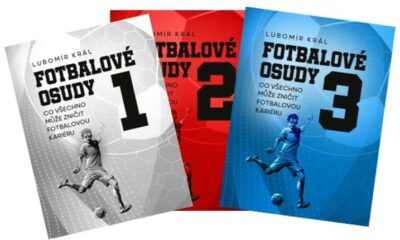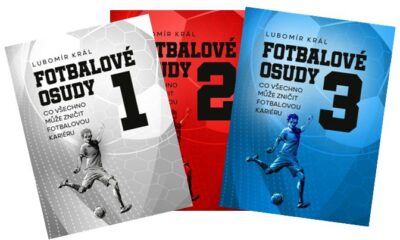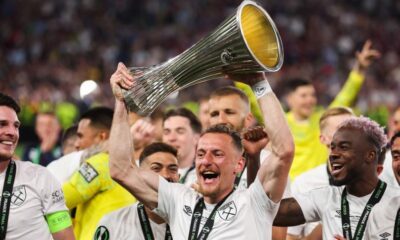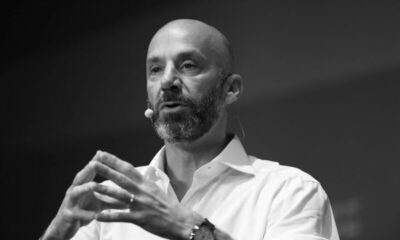Champions League
A window on the past: during the 1964 earthquake in Skopje, UEFA organised a charity match. Will it help Turkey now?
Turkey has been hit by a devastating earthquake that has caused tens of thousands of deaths and extensive property damage. Even football. The European football union, UEFA, is helping its members financially in these cases. In 1964, during the earthquake in Skopje, Macedonia, it even organised a charity match: Yugoslavia versus a European selection.
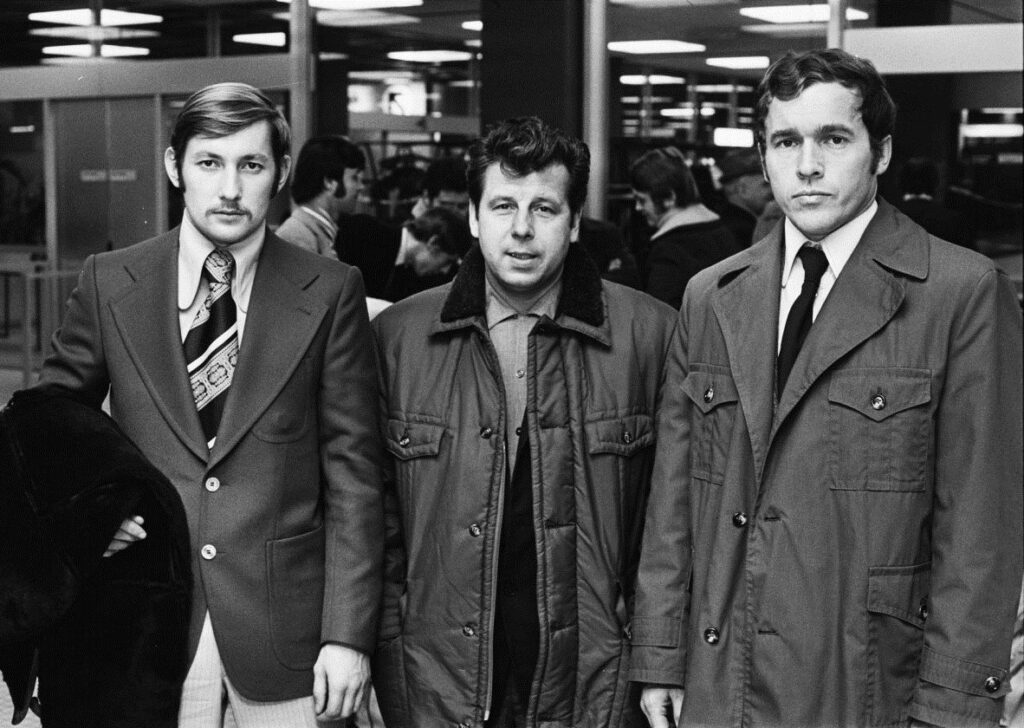
Turkey has been hit by a devastating earthquake that has caused tens of thousands of deaths and extensive property damage. Even football. The European football union, UEFA, is helping its members financially in these cases. In 1964, it even organised a charity match in Skopje, Macedonia, during the earthquake:: Yugoslavia against the European selection.
On Wednesday 26 July 1963, the feast of Saint Anne, an earthquake measuring 6.9 on the Richter scale struck the Macedonian capital Skopje, which was part of Yugoslavia. It was one of the most devastating in the country’s history.
The toll was horrific: 1 078 dead, 3 383 injured and between 100 and 200 000 homeless. 75 to 80% of the built environment was destroyed. Not only the city was affected, but also some other smaller settlements in the surrounding area. In total, an area of 50 000 km2 was affected.
Other countries and multinational organisations have stepped in to help. Even the European football union, UEFA. The latter decided to organise a charity match to help the victims and to rebuild the member countries, in which the Yugoslav national team clashed with the European team.
The match was played on the first day of autumn on Wednesday 23 September 1964 in the national stadium in the capital Belgrade and was of high social as well as sporting quality.
Yugoslavia was one of the best teams in the world and reached the semi-finals of the 1962 championship in Chile, where it was knocked out by Czechoslovakia with a score of 1:3. In the end, they finished fourth. Coach Ljubomir Lovrić had world-class players for this match.
German coach Helmut Schön sat on the bench of the European team and called up Europe’s biggest stars, led by the winner of the 1962 Ballon d’Or for the best footballer on the continent, Czechoslovak midfielder Josef Masopust, his successor on the 1963 throne, Soviet goalkeeper Lev Yashin, and the attacking arrows of Portugal’s ‘black pearl’ Eusébio (who won the Ballon d’Or in 1965) and the iconic captain of his West German team, Uwe Seeler.
Czechoslovak football enjoyed a great honour when three of its representatives were nominated: right-back Jan Lála, stopper Svatopluk Pluskal and the aforementioned playmaker Josef Masopust.
“It was a great honour for me to play in the European selection,” recalls Jan Lála, the now eighty-four-year-old Slavic legend who played 37 international matches for Czechoslovakia. “It was the first time I was in such company,” he recalls, noting that his late colleagues Masopust and Pluskal had been invited to similar selections.
He was well aware that it was not just a ceremonial event, but the match had a primarily charitable purpose. “We are very happy that I could help someone, that our match had some meaning,” emphasizes Lála.
He doesn’t recall specific experiences, but the atmosphere that accompanied the match comes to mind. “The spectators created a very beautiful environment and they didn’t even mind that their national team lost so much,” he recalls, saying that the result was not so much the point, although the 2:7 defeat was quite cruel.
In the case of helping Turkey, the football union is not considering organizing a charity match, there are no available dates, there would be a big problem with releasing players. However, financially it will certainly help.
Source: UEFA

